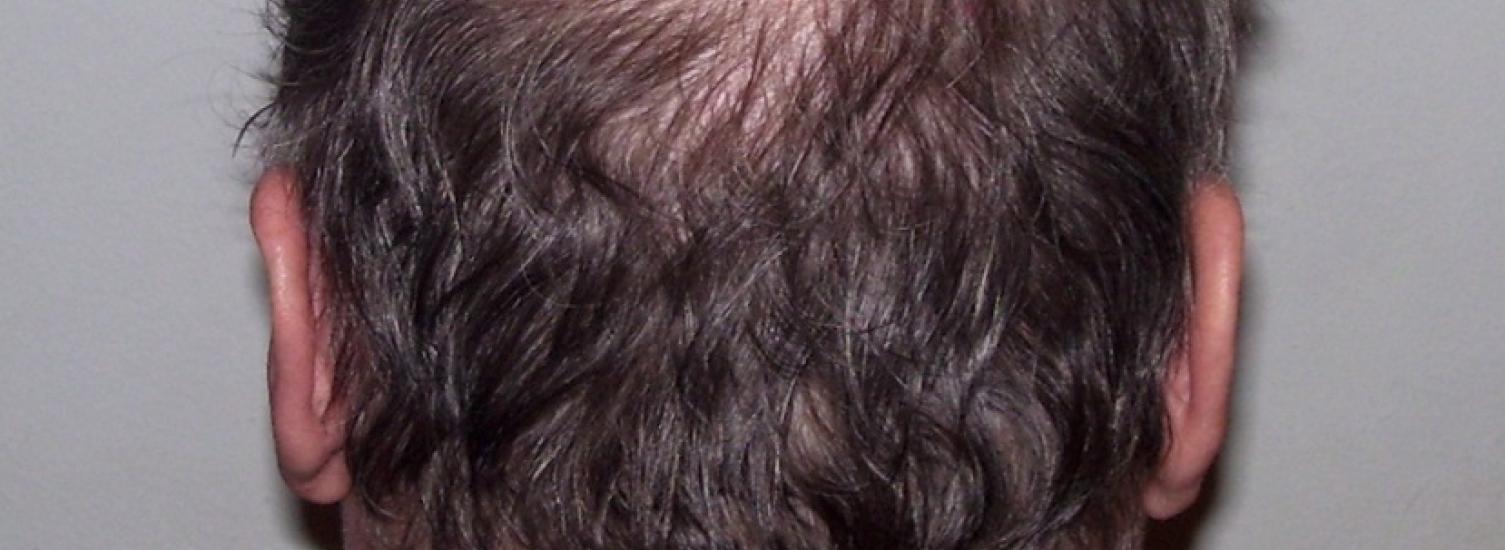
Hair loss, often referred to as alopecia, is a common condition that affects millions of people. While it's primarily associated with aging, genetics, and hormonal imbalances, it is helpful to understand the role of testosterone in this condition.
The Role of Testosterone in Hair Growth
Testosterone, the primary male sex hormone, plays a pivotal role in various bodily functions, including hair growth. However, the relationship between testosterone and hair loss is complex.
- Hair Growth Cycle: Testosterone influences the hair growth cycle. It's essential for the growth phase (anagen) and supports the transition to the resting phase (telogen). An imbalance in this cycle can contribute to hair loss.
- Dihydrotestosterone (DHT): Testosterone is converted into dihydrotestosterone (DHT) by an enzyme called 5-alpha-reductase. It’s DHT that primarily contributes to hair loss, specifically male pattern baldness. DHT shrinks hair follicles, leading to thinner, weaker hair and eventually hair loss.
Low Testosterone and Hair Loss: A Connection?
While low testosterone doesn't directly cause hair loss, it can indirectly contribute to it. Here's how:
- Overall Health: Low testosterone is often associated with other health issues such as fatigue, decreased muscle mass, and reduced libido. These conditions can contribute to stress, which is a known factor in hair loss.
- DHT Production: While low testosterone might seem counterintuitive to hair loss, it's important to remember that even low levels of testosterone can be converted into DHT. This means that even with low testosterone, hair loss can still occur.
Can Testosterone Replacement Therapy Help?
Testosterone replacement therapy (TRT) is a treatment option for men with confirmed low testosterone levels. While its primary goal is to address symptoms like fatigue, decreased libido, and erectile dysfunction, some men have reported improvements in hair growth as a potential side effect.
It's crucial to understand that TRT is not a hair loss treatment. The primary focus of TRT is to restore normal testosterone levels. If hair growth improves, it's likely due to the overall improvement in health and well-being, rather than a direct effect on the hair follicles.
Important Considerations
- Individual Variation: The relationship between testosterone and hair loss is complex and varies from person to person.
- Hair Loss Causes: Hair loss can be caused by various factors, including genetics, stress, underlying medical conditions, and certain medications.
- Consultation with a Healthcare Provider: If you're experiencing hair loss and have concerns about your testosterone levels, it's essential to consult with a healthcare professional for a comprehensive evaluation and personalized treatment plan.
Testosterone Replacement Therapy (TRT)
HRT Doctor provides professional and confidential Low Testosterone Replacement Therapy (TRT) services to men who are experiencing Low-T symptoms.
To find out more, contact us online or call to speak to one of our patient care specialists at (888) 827-0142.
